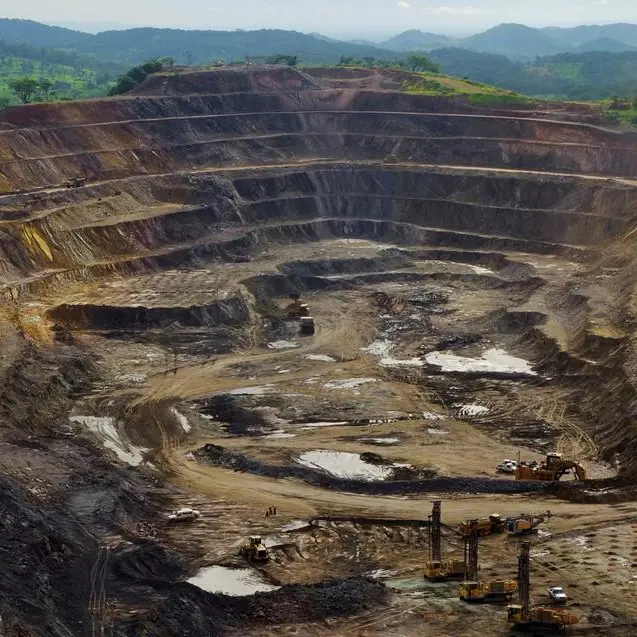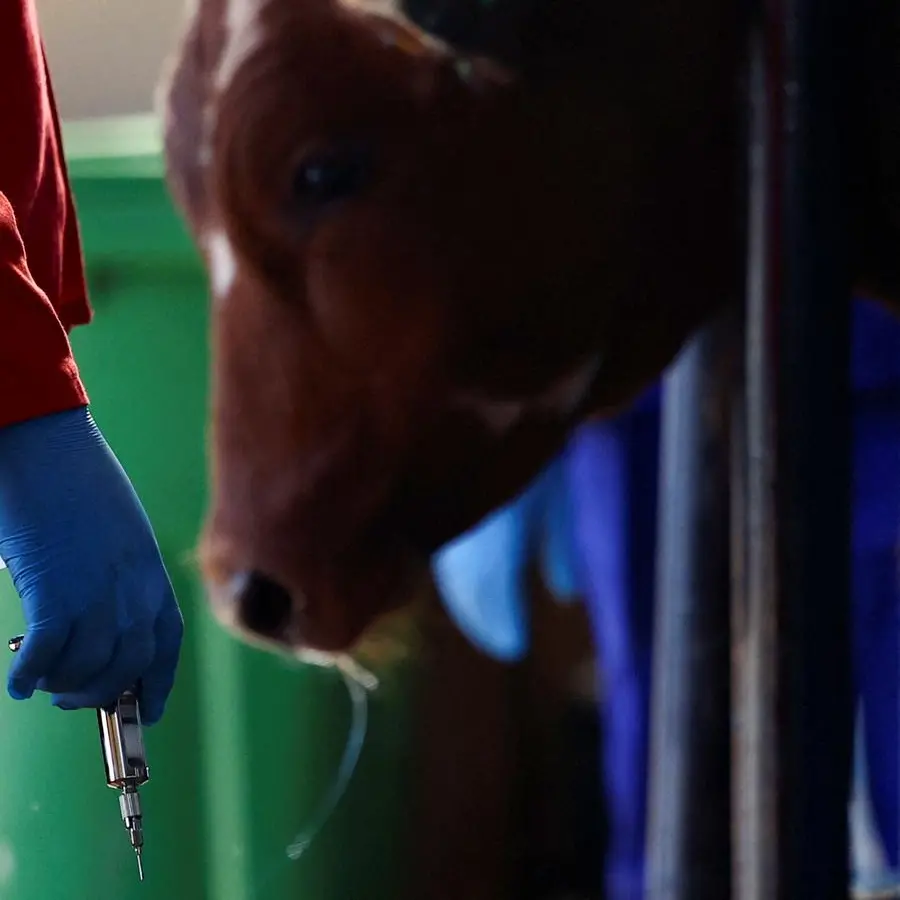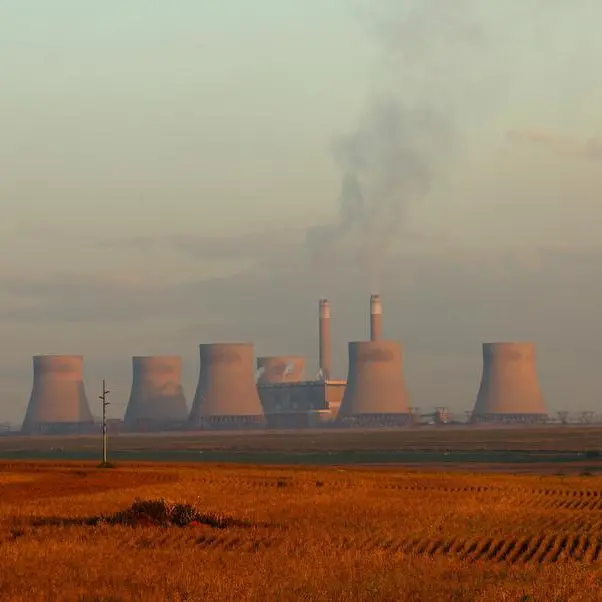PHOTO
The small first-floor apartment in Derna became home away from home to Syrian migrant Ammar Kanaan, after the risk of drowning kept him from attempting the dangerous Mediterranean crossing to Europe that has cost the lives of so many.
After fleeing Syria two years ago to avoid military service, Kanaan had found a steady job in a pastry shop in the Libyan city and lived with two Sudanese roommates a few metres away from Derna's riverbed.
But this month, the 19-year-old drowned with thousands of others when a flash flood washed away swathes of the city.
Now, the plot where his building once stood is a patch of reddish-brown dirt, and families that relied on breadwinners on distant shores are left shell-shocked, with no bodies to bury.
"He didn't take to the sea. The sea came to him," said Kanaan's uncle, Osama, only 24 himself and who moved from Syria to the Libyan city of Benghazi this year. "He died, crushed and drowned."
More than a decade after dictator Muammar Gaddafi was overthrown in a NATO-backed uprising, Libya has become a major departure point for migrants trying to cross to Europe.
But many also stay to work in Libya's oil-financed economy.
The International Organization for Migration said Derna was home to more than 8,000 migrants, mostly from Chad, Egypt and Sudan, when the floods hit.
An estimated 400 migrants died when, on the night of Sept 10, the heavy rains of Storm Daniel burst through two dams meant to keep Derna safe.
'DON'T COME'
Kanaan left Syria at age 17, determined to avoid obligatory military service in a country riven by 12 years of war. As Syria's economy continued its downward slump, he hoped a job abroad could help him send money to his parents back home in the southern Daraa province.
Reaching Europe was a near-impossible feat and Turkey was too expensive and difficult to navigate, so he settled on Libya.
From there, embarking on a small dinghy to Europe had enticed him, "but his parents said no because they thought he would drown," Osama said.
By 19, Kanaan was working at the pastry shop, earning $500 a month and sending his family pictures of the cakes he baked.
When the rains came on Sept. 10, he texted Osama, "God help us, that's the best thing." The next messages, just a few moments later, were left unread. By morning, Osama's WhatsApp messages weren't even reaching Kanaan's phone.
Khalil, 61, an Egyptian technician living in Derna, remembered seeing the powerful flows sweeping cars off the earth and smashing them into buildings. "I knew all the Egyptians that were here, a huge number of them died," he said.
Alam, an Egyptian construction worker in Derna for three years, said he had lost 10 of his friends in the calamity.
"This is not the Derna we know. The whole city centre has disappeared," he told Reuters.
The Syrian Observatory for Human Rights, a U.K.-based monitor tracking Syria's war and other events related to Syrians, estimates more than 110 Syrians died in the floods.
Within hours, Facebook pages that Syrians in Libya had used to find jobs morphed into online search parties for the missing. Pictures of men, women and even toddlers still unaccounted for were captioned with desperate pleas for help and phone numbers.
But within days, the usual messages started to pop up again: a Syrian man inquiring after wages for a barber in Libyan cities, a woman asking for references for housing for a friend. Some comment with tips. Others simply write, "don't come."
(Reporting by Maya Gebeily in Beirut, Abdelhadi Ramahi in Benghazi and Ahmed Elumami in Derna, Editing by William Maclean)





















